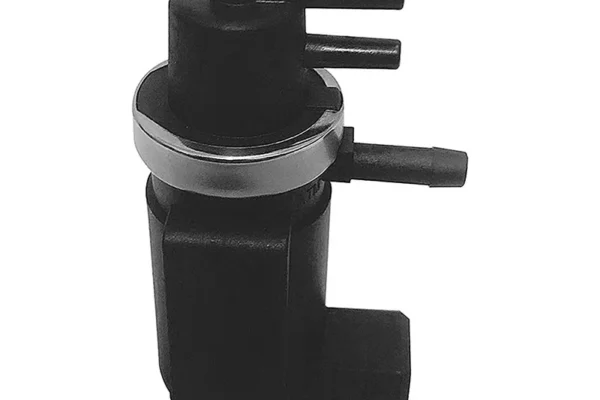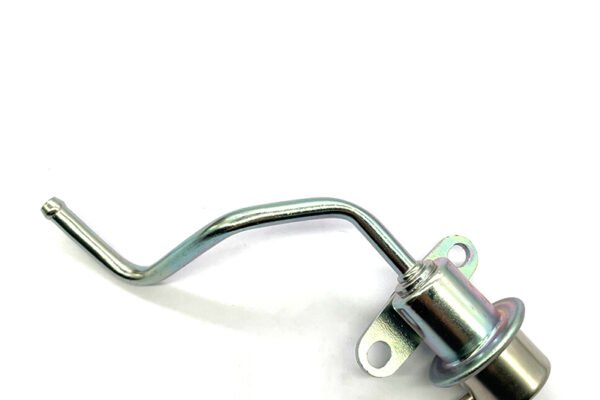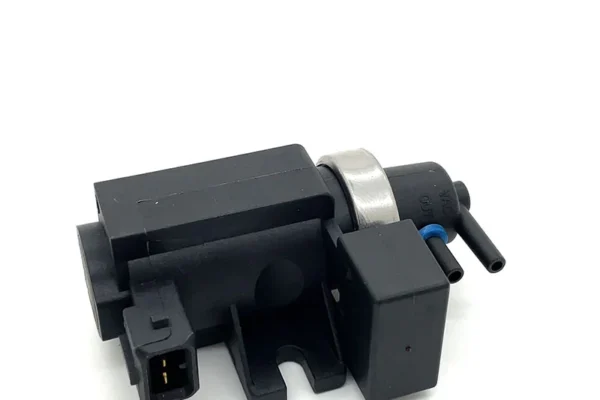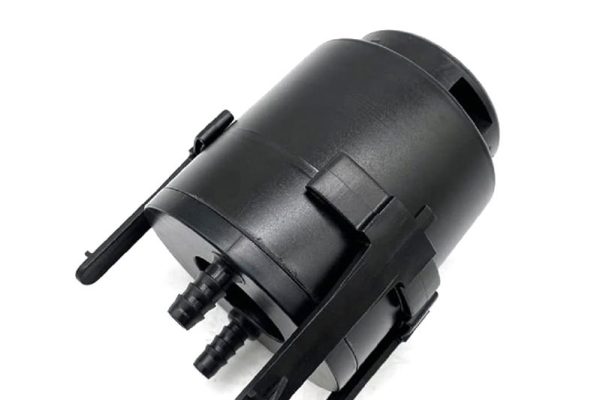That dreaded orange glow—the check engine light. It’s a sight that can instantly bring a dose of anxiety to any driver. When the diagnostic code points to a bad knock sensor, the immediate question is often not just “What does that mean?” but more urgently, “Is my car safe to drive?” In Short, technically, yes, but it is highly inadvisable for you to do so.
What Exactly Is a Knock Sensor?
Think of the knock sensor as a tiny microphone bolted to the engine block. Its one job is to listen for a very specific sound: the tell-tale “pinging” or “knocking” frequency of engine detonation. This happens when the air-fuel mixture in a cylinder ignites prematurely or unevenly, creating a damaging shockwave.
When the knock sensor detects this vibration, it sends an immediate signal to the vehicle’s Engine Control Unit (ECU). The ECU then adjusts the ignition timing, retarding it just enough to stop the knock and protect the engine from internal damage. It’s a constant, real-time feedback loop that keeps your engine running smoothly and efficiently.
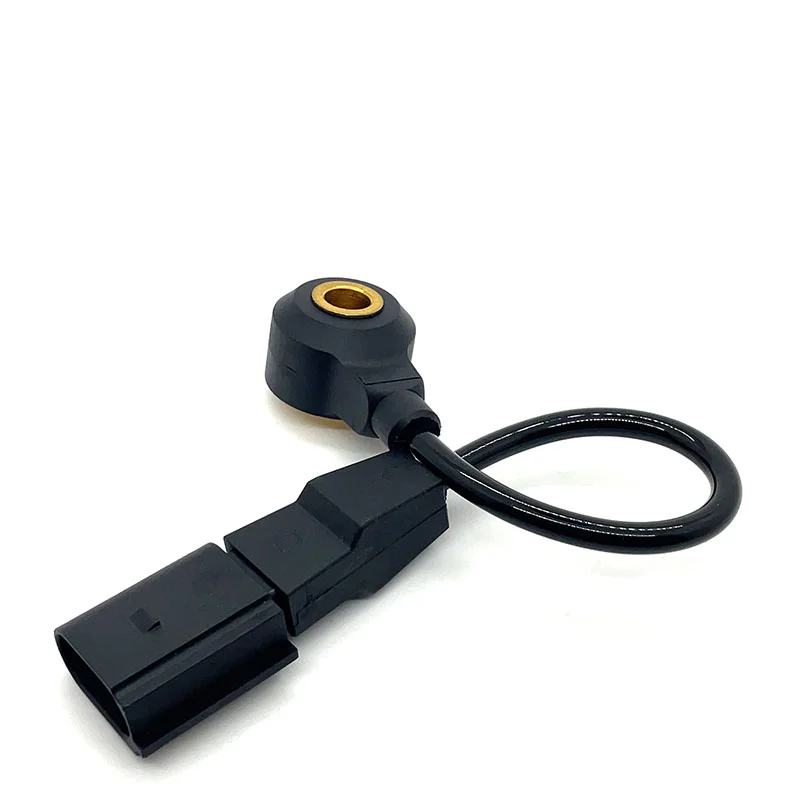
Common Symptoms of a Failing Knock Sensor
When this sensor fails, it can no longer provide accurate information to the ECU. The car’s computer, unsure of the engine’s state, will often default to a “safe” mode to prevent potential damage. This can lead to several noticeable issues:
1. Check Engine Light
This is the most obvious clue. The car’s computer knows the sensor has gone silent or is sending bad signals, so it lights up your dashboard to tell you it needs to be checked. While many issues can trigger this light, it’s a key piece of the puzzle when you also notice changes in how your car performs.
2. Your Car Feels Sluggish and Weak
You’ll notice your car doesn’t accelerate like it used to, feeling “heavy” or slow to respond when you press the gas pedal. Merging onto a highway or pulling away from a stoplight might suddenly feel like a chore for your car. This is the computer intentionally limiting the engine’s power to prevent any self-destruction.
3. Worse Fuel Economy
An engine that isn’t running at 100% efficiency will waste gas. You’ll start noticing that your fuel tank empties quicker than usual, forcing you to make more trips to the gas station. Your engine is essentially guessing at the best settings, and those safe guesses prioritize avoiding damage over saving fuel.
4. Audible Engine Knock
You may hear a distinct metallic rattling or pinging sound, especially when you’re accelerating or driving up a hill. This sound is actual engine knock—the very thing the broken sensor is supposed to be listening for. This noise is a direct sign that small, uncontrolled explosions are happening in your engine, which can lead to serious internal damage over time. Hearing this means you should get it checked out right away.
So, Can You Keep Driving?
Technically, yes, you can often continue to drive a car with a bad knock sensor, but it is highly inadvisable for anything more than a short trip to your local mechanic.
Driving for a short distance is generally possible because the ECU has likely put the engine in a protective limp mode. This mode significantly reduces performance to prevent the conditions that cause engine knock. However, ignoring the problem and continuing to drive for days or weeks is asking for trouble. You’re essentially driving blind, without the engine’s primary safety monitor for combustion timing. If engine knock does occur and goes unchecked, it can lead to severe and costly damage, including harm to pistons and cylinder walls.
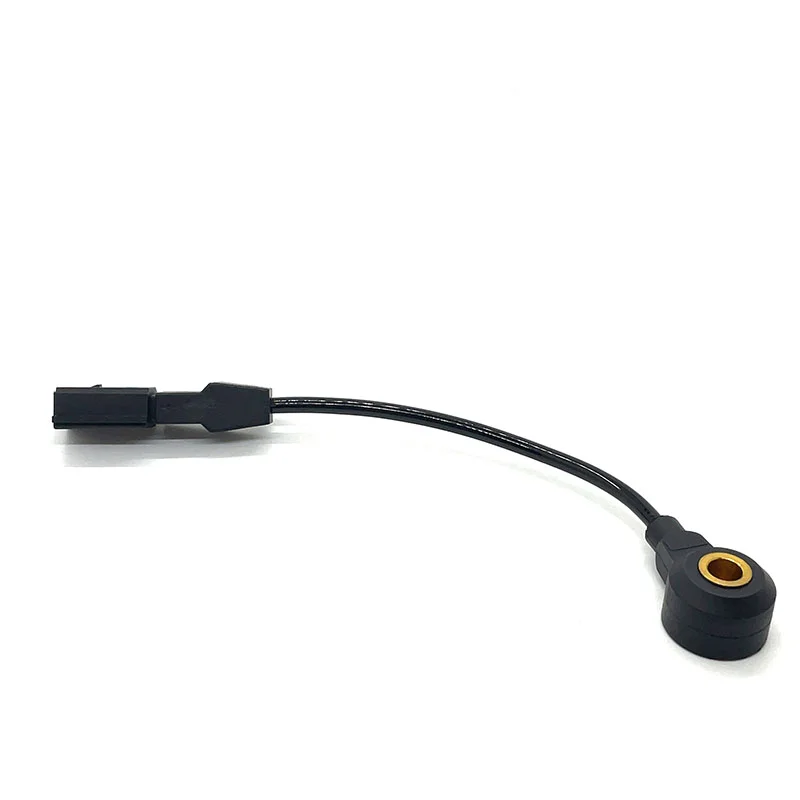
The Cost of Ignoring the Problem
Putting off a knock sensor replacement can be a costly gamble. Ignoring the warning signs is like betting against your own engine’s survival—a bet that rarely pays off. While the sensor itself is a relatively inexpensive part, the damage that prolonged engine knock can cause is anything but. The primary risk is catastrophic engine damage to pistons and internal components, potentially resulting in a full engine rebuild costing thousands.
In contrast, the cost to fix the sensor is far more manageable. This proactive repair is a small price to pay for long-term engine health and peace of mind. Data from automotive repair cost estimators shows a predictable range for this service.
| Cost Component | Average Price Range (USD) |
| Knock Sensor Part | $85 – $145 |
| Labor Cost | $155 – $196 |
| Total Estimated Cost | $240 – $341 |
Note: Prices can vary based on your vehicle model and local labor rates.
Conclusion
When you weigh a potential repair bill of a few hundred dollars against the thousands it could cost for an engine rebuild, the choice becomes clear. A faulty knock sensor isn’t just an inconvenience; it’s a critical warning that your engine’s health is at risk. It’s always best to have it diagnosed and replaced as soon as possible.
For more knowledge of Knock Sensor, you can read our article How a Knock Sensor Works in Modern Cars.

